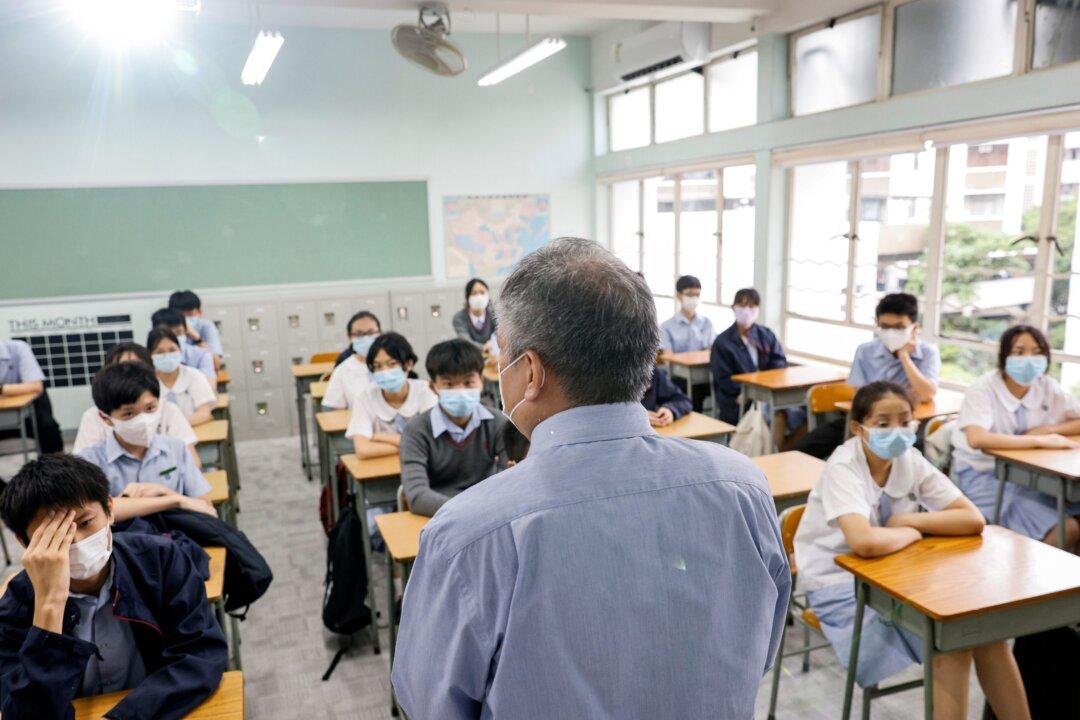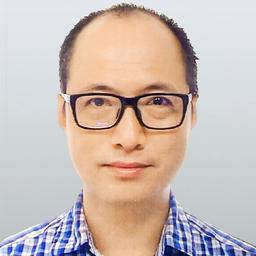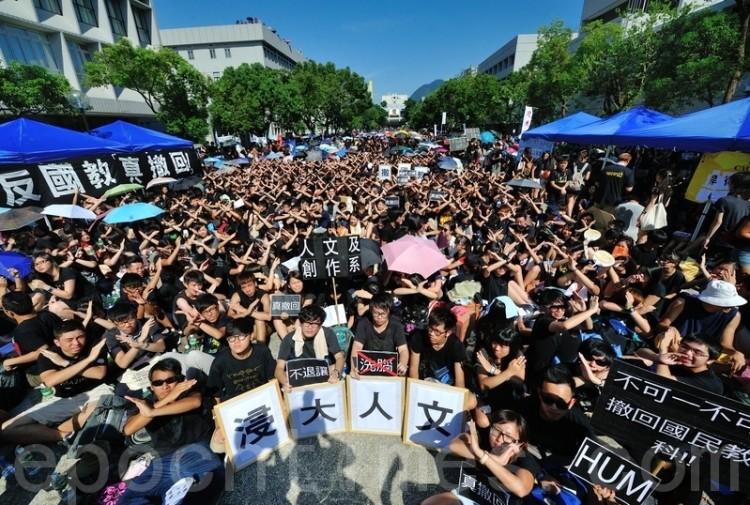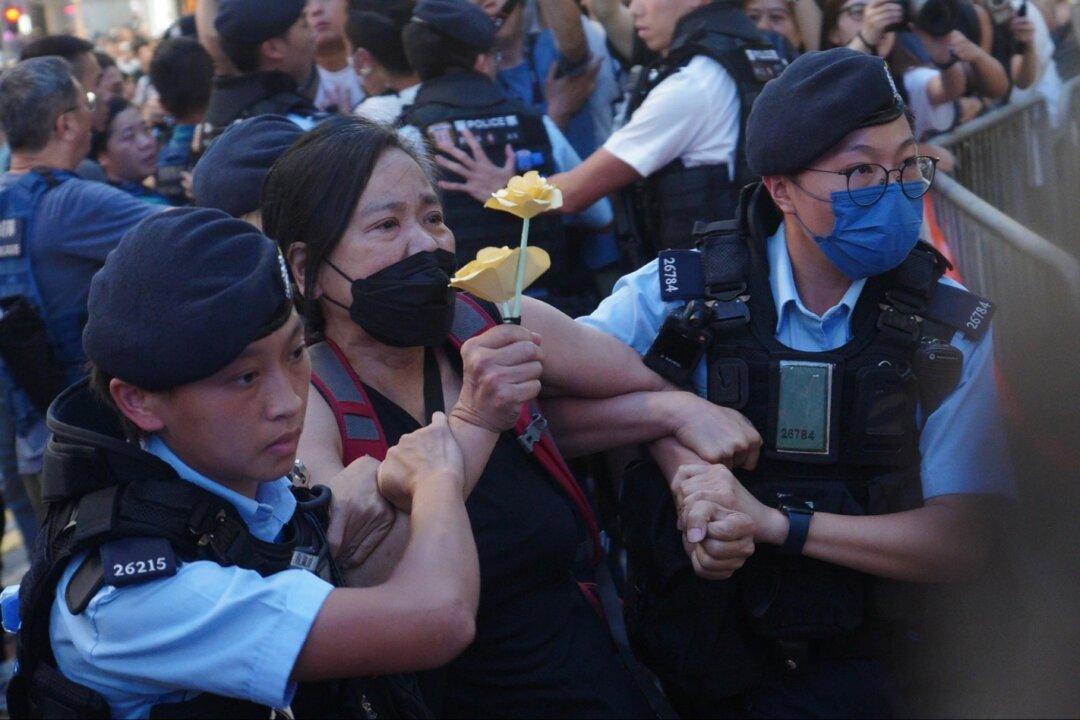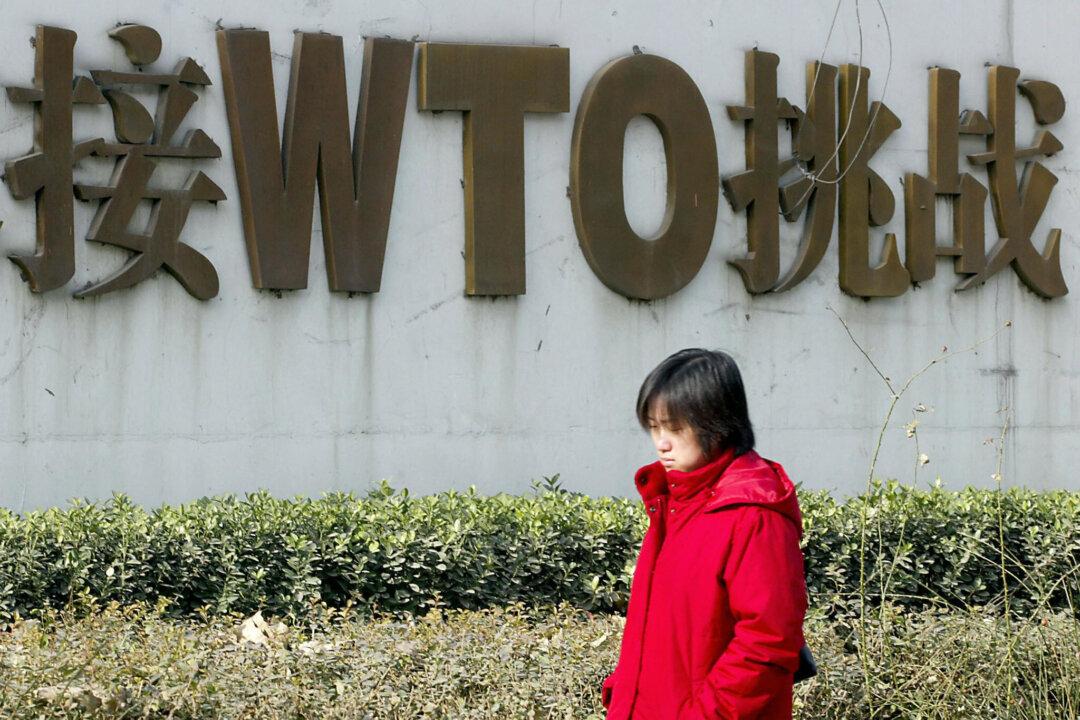Commentary
The past 15 years witnessed dramatic changes in Hong Kong’s education sector. The Hong Kong Diploma of Secondary Education (HKDSE), first taught in 2009 with the first cohort of candidates in 2012, had two selling points back then: a compulsory Liberal Studies (LS) that combines arts and science education and promotes independent thinking, and school-based assessment elements in all subjects.
